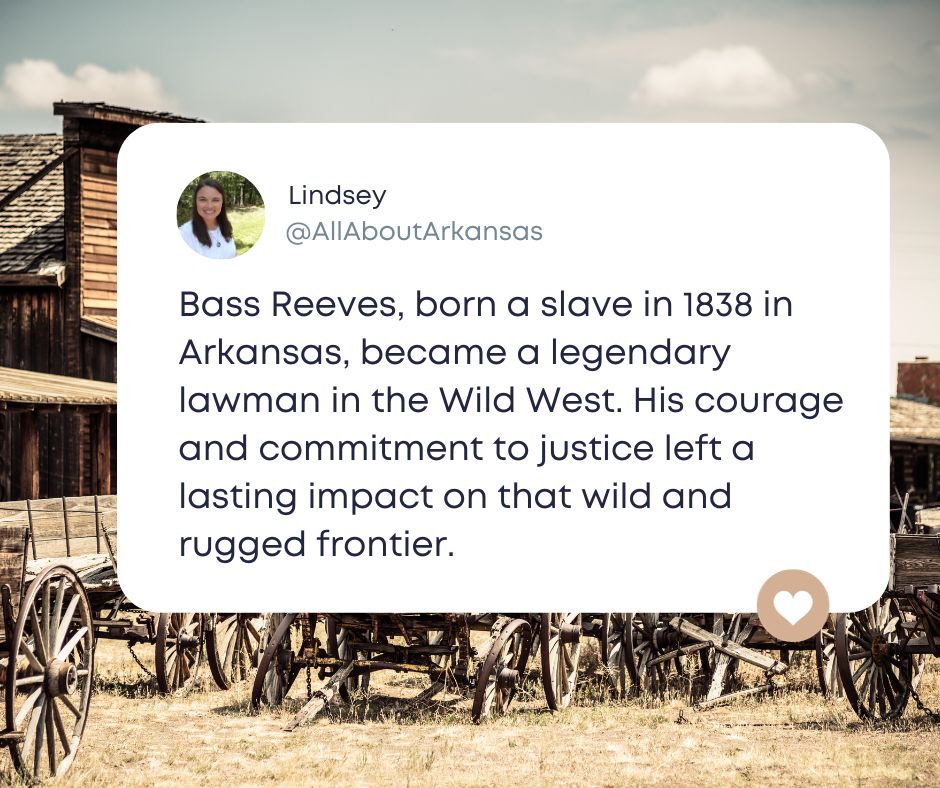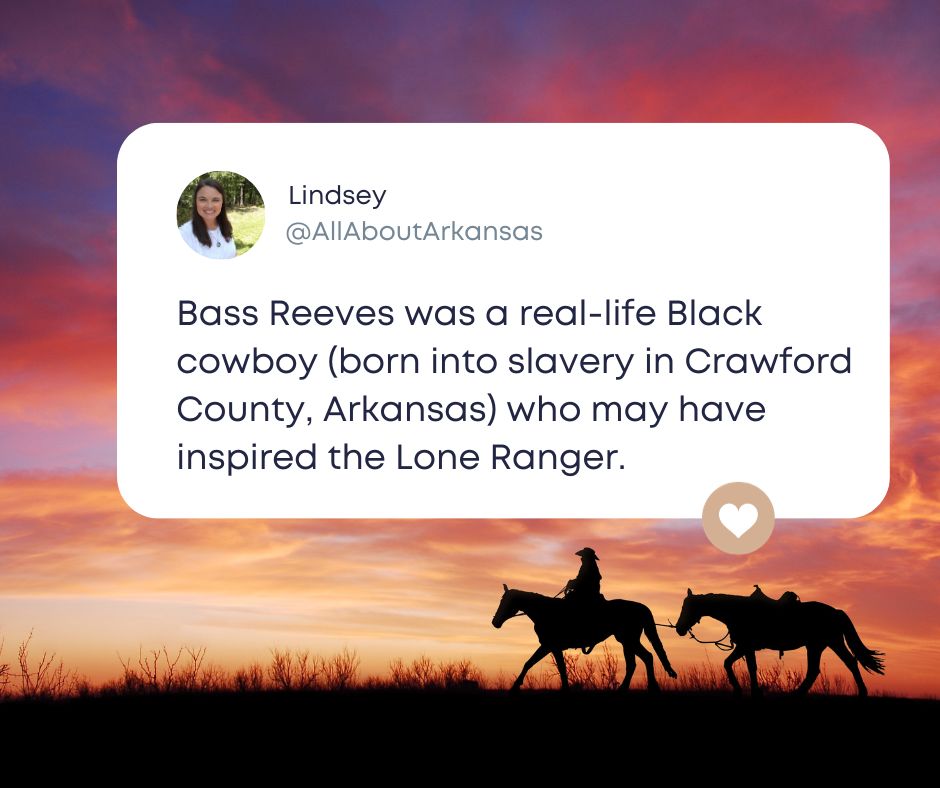American history is full of legendary figures who played a huge role in shaping the Wild West narrative. Among these, one name stands out prominently but often remains in the shadows—Bass Reeves, a remarkable lawman whose unparalleled courage and unwavering dedication to justice carved an indelible mark in the tumultuous landscape of the frontier.
Interesting fact: Bass was named after his grandfather, Bass Washington. source
Born into slavery in 1838 in Crawford County, Arkansas (near Fort Smith), Bass Reeves’ early life was marked by hardship and adversity. His owner, a man named George Reeves, possessed a diverse range of interests, one of which included law enforcement.
During his formative years, Bass absorbed a wealth of knowledge about the ways of the land, gaining invaluable skills in tracking, shooting, and understanding the lay of the land.

When the American Civil War began, George Reeves joined the Confederate States Army, taking Bass with him. source
He claimed to have served in the Battles of Pea Ridge (March 1862), Chickamauga (September 1863), and Missionary Ridge (November 1863) under William S. Reeves’s son, Col. George Reeves, for the Confederacy. source
However, this has not been confirmed. In fact, Reeves’ family members claimed he attacked his owner after an argument during a card game and fled to Indian Territory (present day Kansas and Oklahoma).
The Emancipation Proclamation in 1863 signaled the end of slavery, and Reeves, now a free man, began his journey, ultimately settling in Arkansas. It was here that his fateful encounter with the law occurred.
Due to his profound knowledge of the area and fluency in several languages, including various Native American dialects, he was appointed as a deputy U.S. Marshal by Judge Isaac C. Parker, serving the Western District of Arkansas and later the Indian Territory (present-day Oklahoma).
Reeves’ tenure as a lawman was nothing short of legendary. He possessed an uncanny ability to blend into his surroundings, often adopting disguises to infiltrate criminal groups. His mastery of marksmanship and tracking made him a formidable opponent to those on the wrong side of the law.
Reeves was said to have arrested over 3,000 felons during his service, with his incredible success rate earning him widespread respect and admiration.
Fun fact: Reeves was a real-life Black cowboy who one historian has proposed may have inspired the Lone Ranger. source
One of the most fascinating aspects of Reeves’ legacy is his commitment to upholding justice in a time of racial prejudice and discrimination. Despite facing systemic racism, he remained undeterred in his pursuit of law and order. His actions challenged societal norms and helped dispel misconceptions about the capabilities of African Americans in law enforcement.

Numerous accounts of Reeves’ exploits have transcended time, becoming the stuff of folklore. Tales of his fearlessness, quick wits, and sheer determination continue to captivate audiences, cementing his status as a true American hero.
Despite the accolades and recognition garnered by his exceptional career, Bass Reeves’ story often remained obscured by the passage of time, overshadowed by more celebrated figures of the Wild West. However, in recent years, efforts to shed light on his contributions have gained momentum, ensuring that his legacy receives the recognition it rightfully deserves.
Bass Reeves’ life exemplifies resilience, bravery, and a commitment to justice that transcended the barriers of his era. His story serves as a testament to the triumph of the human spirit in the face of adversity, leaving an enduring legacy that continues to inspire generations.
As we reflect on the legends of history, let us not forget the remarkable tale of Bass Reeves—a beacon of courage and righteousness in the untamed landscapes of the Wild West. His legacy stands as a testament to the enduring pursuit of justice and serves as an inspiration for all those who seek to uphold truth and fairness in society.

